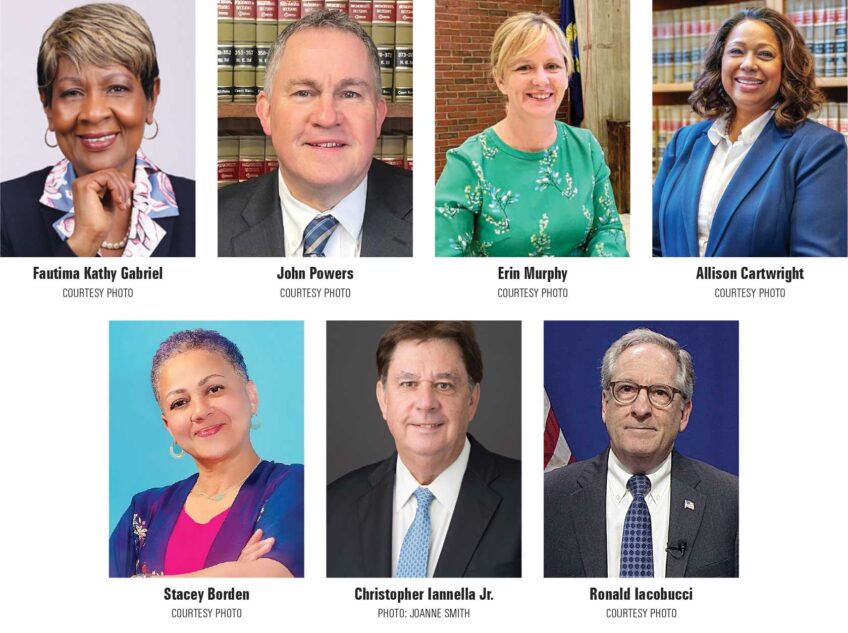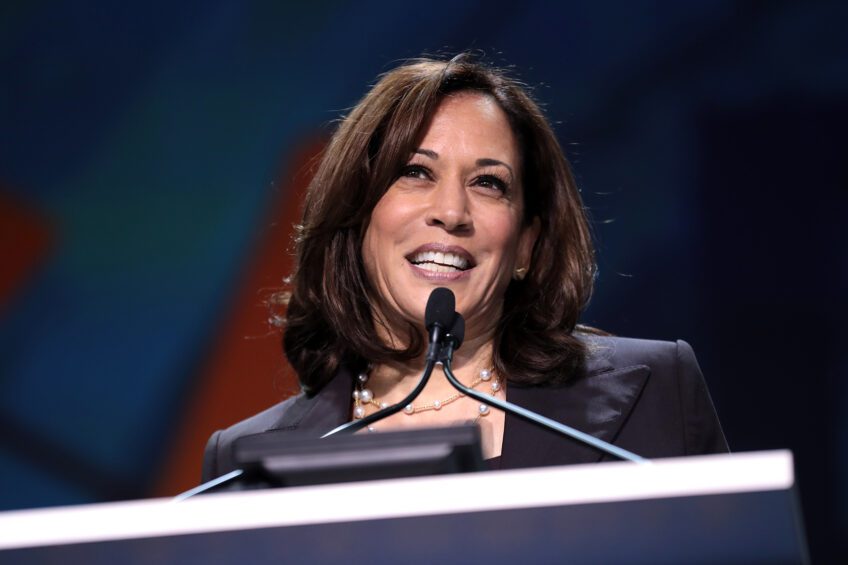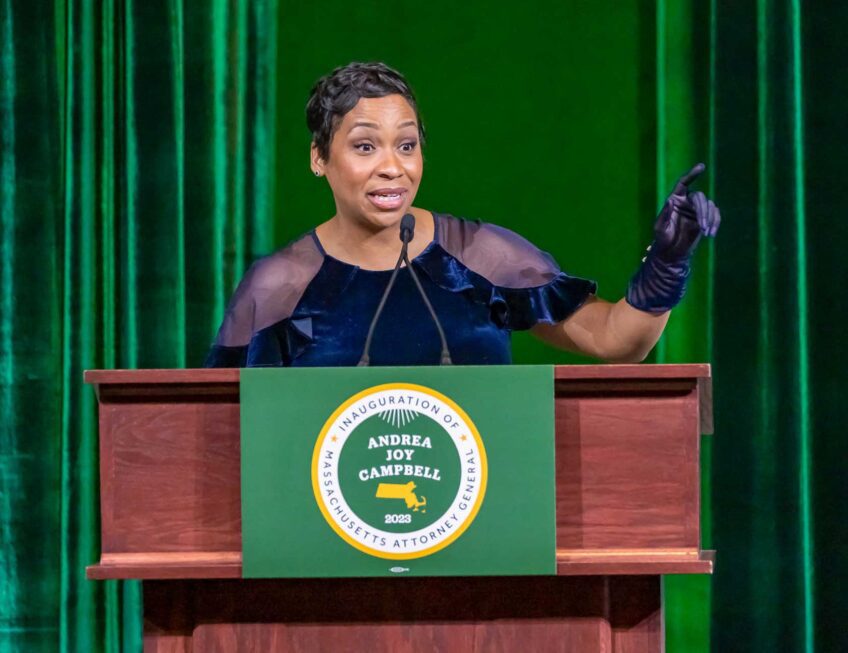
Barely seven days after news of Martin Walsh’s pending departure from city government went public, the race for the mayor’s seat exposed contentious fault lines in the City Council, where two members are actively campaigning for the seat and a third is expected to run.
Councilors Michelle Wu and Andrea Campbell launched campaigns last year and Annissa Essaibi-George is publicly mulling a run.
When District 5 Councilor Ricardo Arroyo introduced his order for a home rule petition to cancel a potential special election for the mayor’s office, citing the costs and complexity of running three elections in one year during a pandemic, District 3 Councilor Frank Baker let loose with a tirade against his colleagues suggesting they were looking at how the eliminating the question would benefit them.
“I think that there’s a reason why people right now don’t like politicians because we’re doing things like this where, because we have the power to manipulate elections, we now are going to manipulate elections,” he said. “Even though we say it’s about finance and it’s about COVID… it’s about who was our person in the race and how does it benefit them directly.”
Using Baker’s own turn of phrase, Arroyo said he does not have a dog in the race and stressed that he is not interested in running. He said he has spoken with city election officials and noted that Secretary of State William Galvin publicly voiced support for suspending a special election in Boston.
Arroyo also noted that the city of Lawrence suspended a special election to replace outgoing mayor Dan Rivera and that the Boston City Council in 2007 suspended a preliminary election for the at-large council race, citing costs.
Along with Baker, District 6 Councilor Matt O’Malley also voiced skepticism about the move.
“This action would certainly benefit some, and in a time when there is such cynicism around government, around those in elective office and around those seeking elective office I would hate for it to seem that we’re putting the thumb on the scale for anyone,” he said.
District 8 Councilor Kenzie Bok underscored the inherent conflicts in the decision.
“If you’re in a position where you’ve got more of an organization of more money pulled together already, then you’re likely to benefit in a special election,” she said. “Also, if you were the acting mayor you know you’d be advantaged by canceling the special election. I think we all know that those political realities are on the table and they make this a complicated conversation.”
Bok said that if the change is made, it should be a permanent change to the city’s charter.
“I think that that would remove the argument that this is just a one-time [vote] sort of for one particular set of political circumstances,” she said.
Although eliminating the special election could advantage Janey, she has not said she’s interested in running for mayor.
Baker appeared to voice opposition to the idea of Janey serving as acting mayor.
“Are people going to be able to be fair when it comes to dealing with advocates or are the advocates going to come in and just roll over the mayor’s office?” he questioned.
Baker, who appeared agitated, said he had been disparaged on social media earlier in the day.
“I was called a potato faced mealy mouth MF-er on Twitter today,” he said. “So, I must incite some sort of emotion in the city of Boston.”
Arroyo’s order was assigned to the committee on Government Relations, chaired by District 1 Councilor Lydia Edwards, who promised a fair and impartial hearing.
“We will have a transparent open conversation about whether this makes sense for us right now,” she said.







